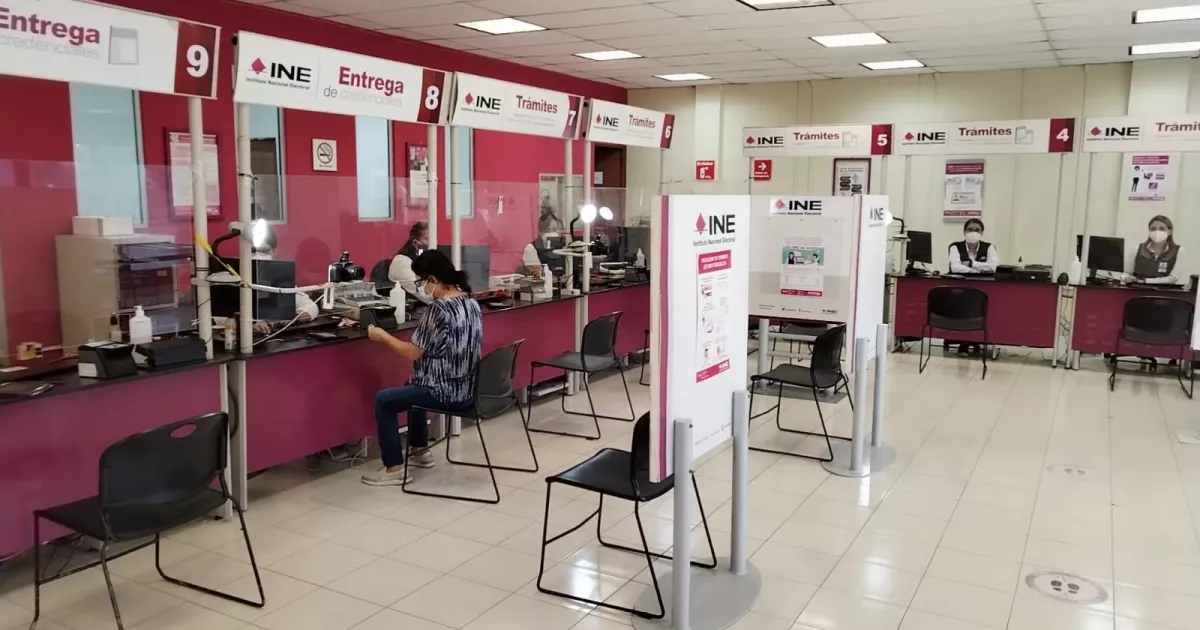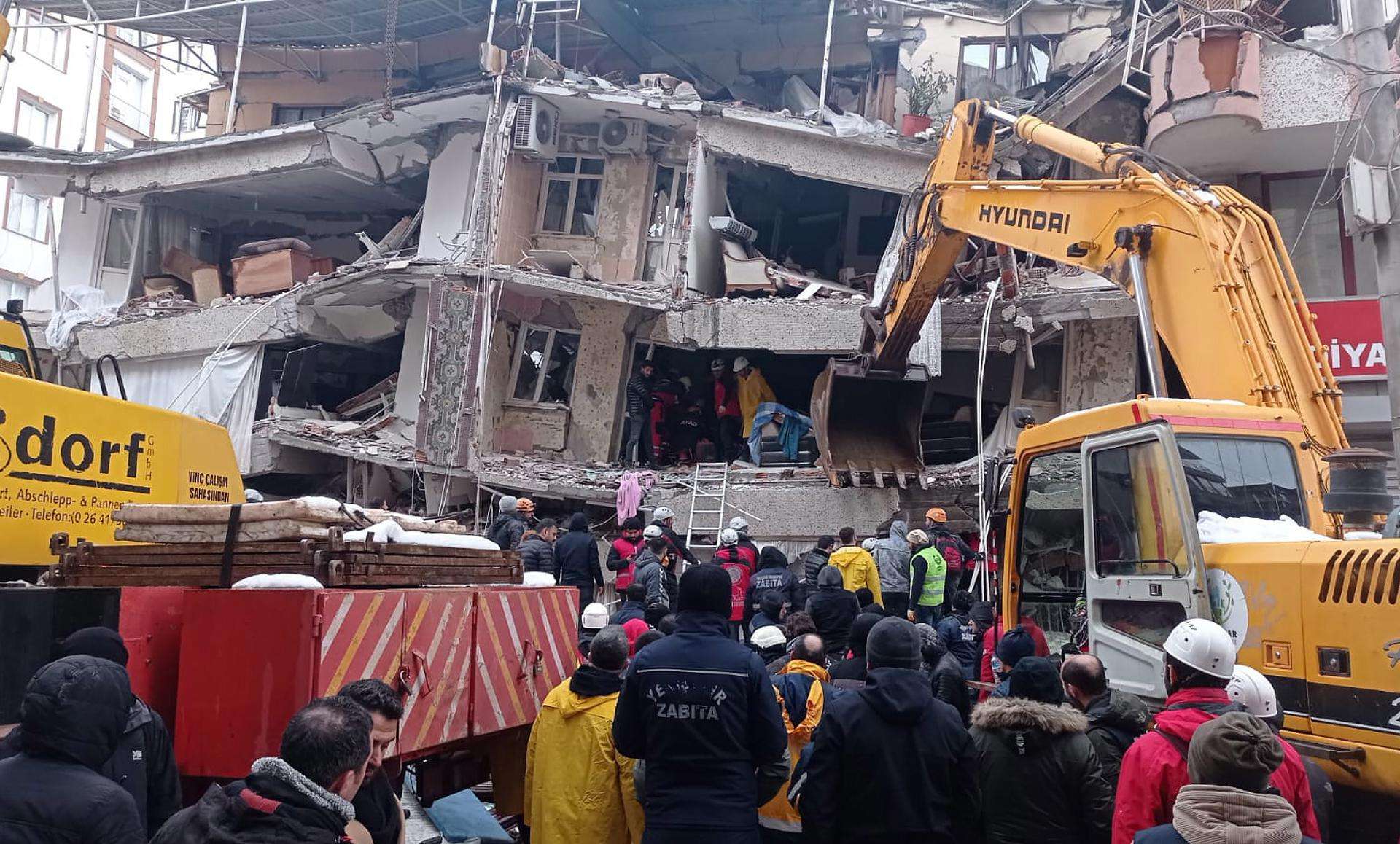Less money for “Plan B”
For the specialist and graduate in Law, Joel Reyes Martinez, The basic answer that there should be about the so-called “Plan B” is to answer a question: “Can elections be held with a democratic standard – like the one we have – with fewer resources?”
It regrets, however, that the debate does not focus on studying whether more can be done with fewer resources and, far from it, conflicting positions arise where “everything is fine” or “everything is bad”.
“This reform requires an in-depth analysis to find out if, indeed, it is possible to reduce public spending on elections without losing quality. For example, the INE says that, if ‘Plan B’ is approved, the transfer of the modules (for credentialing) would affect its autonomy”, he indicates.
The also Master of Law considers that the basic problem of the reform is that it only proposes to reduce the structure of the Institute, but at no time does it work on suppressing its powers.
“What the reform proposes is… what you do, do it with fewer people. The reform proposes that, instead of the District Councils that function permanently, auxiliary bodies be created. These are currently made up of five councilors and it is sought that there be one and that he be the one who makes the decisions within the territorial scope.
“In my experience, it is clear that, later, the decisions in collegiate bodies may not be as executive, as when they are made by a person. That they go from five to one, I do not see how it can affect it; as it is, instead from being permanent, they become temporary and will be installed during the electoral processes”, he adds.
Reyes Martínez believes that the Supreme Court of Justice of the Nation (SCJN) should gather all the inputs when issuing its ruling, after the challenges that have been filed against the electoral reform, not only the INE but the National Action parties ( PAN), Institutional Revolutionary (PRI), Democratic Revolution (PRD) and Citizen Movement (MC), plus those who join in the coming days.
Reyes, consultant and professor in Constitutional and electoral law, considers that the decision of the Court to validate the decree that reforms the Code of Electoral Institutions and Procedures of Mexico City sets a precedent, since it made it clear that the compaction of areas will not ” violated the autonomy” of the local electoral body.
“What the Court said was that the CDMX Congress has the powers to define the organizational structure of the Institute and validated reforms that suppress various areas of it, which gives us a glimpse of how the Court will face these actions of unconstitutionality,” advancement.
AMLO’s Plan B to modify the electoral system








